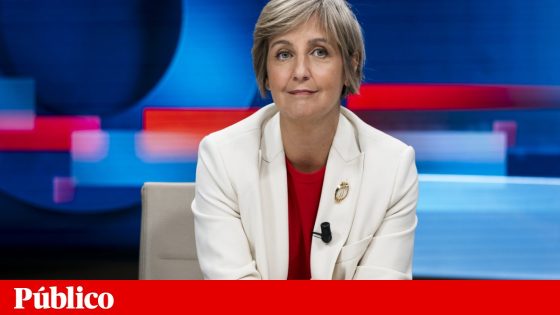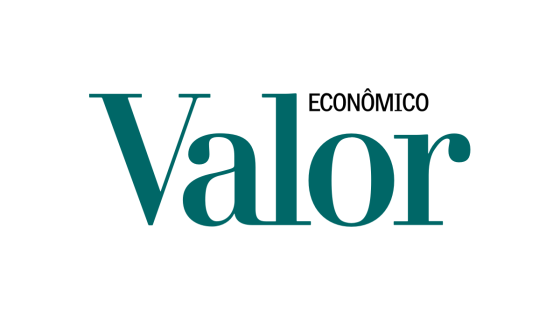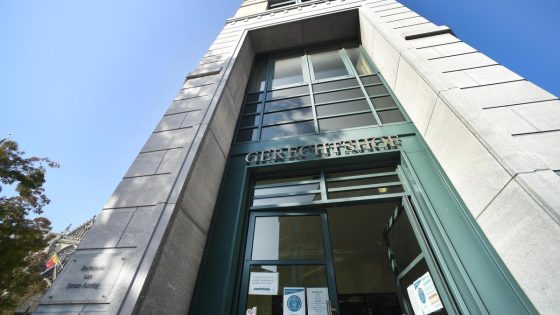On February 4, 2025, Hugo Motta, the new president of the Câmara dos Deputados, expressed skepticism about proposals aimed at increasing revenue. Instead, he advocates for a focus on reducing government spending. Is this the right approach for Brazil’s fiscal future?
- Hugo Motta opposes revenue increase proposals.
- New Chamber president emphasizes dialogue and dedication.
- Deputies required to attend Wednesday sessions.
- Commitment to fiscal responsibility from the Chamber.
With rising economic pressures, Motta’s stance raises questions about the balance between revenue generation and expenditure management.
Hugo Motta’s Commitment to Fiscal Responsibility in Brazil
What does fiscal responsibility mean for Brazil’s economy? Hugo Motta emphasizes the importance of reducing government expenditures. By focusing on spending cuts, he aims to stabilize the country’s financial situation. Will this strategy resonate with citizens and lawmakers alike?
New Legislative Changes: What to Expect from Brazil’s Câmara dos Deputados
As part of his leadership, Motta has introduced new rules for participation in legislative sessions. Deputies are now required to attend sessions in person on Wednesdays. This change aims to enhance accountability and engagement among lawmakers. How will this shift affect legislative productivity?
Key Points of Motta’s Fiscal Strategy
Motta’s approach to fiscal policy includes several key elements:
- Emphasis on cutting unnecessary government spending.
- Commitment to maintaining fiscal responsibility.
- Encouragement of open dialogue among lawmakers.
- Mandatory in-person attendance for better legislative engagement.
The Impact of Spending Cuts on Brazilian Society
Reducing government spending can have significant effects on public services and welfare programs. While it may stabilize the economy, what happens to the citizens relying on these services? Balancing fiscal responsibility with social needs is a challenge for any government.
International Perspectives on Brazil’s Fiscal Policies
Observers from around the world are keenly watching Brazil’s fiscal policies under Motta’s leadership. How will these changes influence Brazil’s economic relationships with other countries? The focus on spending cuts may affect foreign investment and trade agreements.
In conclusion, Hugo Motta’s emphasis on reducing government spending marks a significant shift in Brazil’s fiscal policy. As the country navigates these changes, the implications for its economy and society will be closely monitored both domestically and internationally.
































